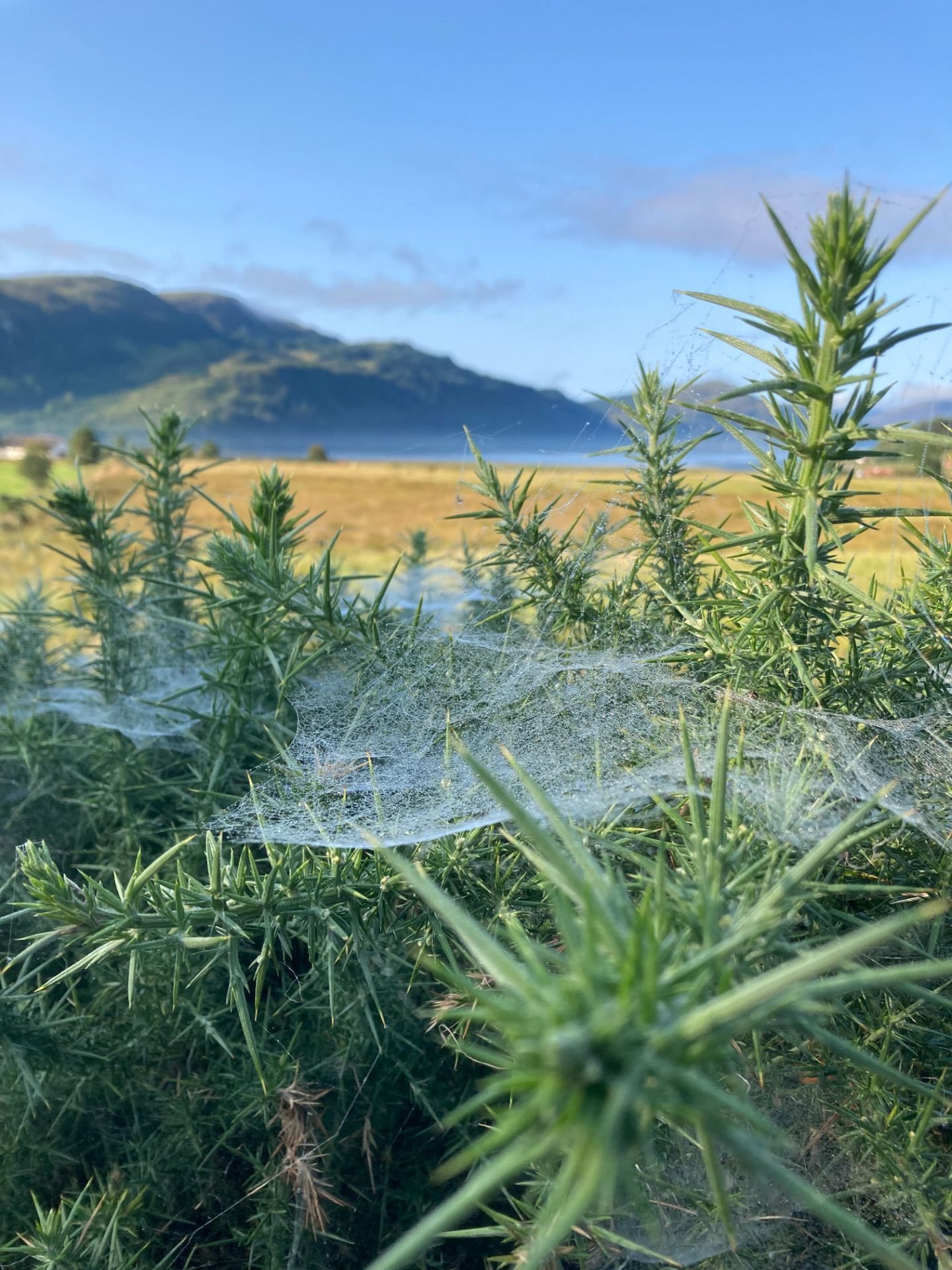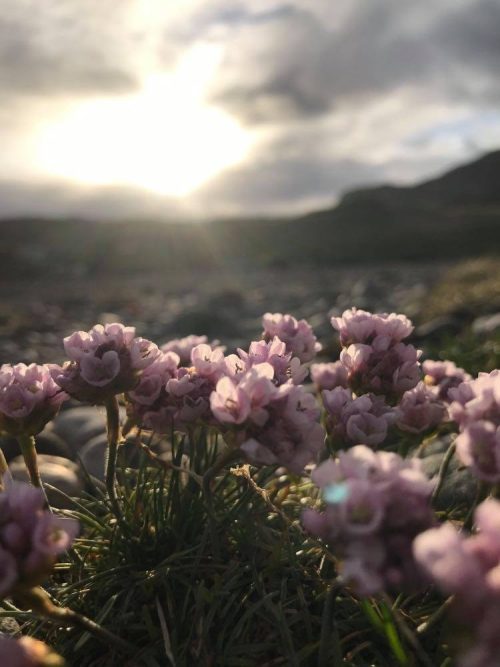The emergence of E-art-h Walking as a methodological and arts-based inquiry with/as place is part of an entanglement of several practices/methods that I have either experienced, trained in, studied or facilitate as a practitioner and teacher. The second element of the practice adopts ‘philosophical or community of inquiry’ from Philosophy for Children, Colleagues and Communities (P4C) originally designed and practiced by Matthew Lipman, Anne Margaret Sharpe and Federick Oscanyan (1985) and incorporates critical, caring, compassionate and creative ‘thinking’ through spaces of dialogue (ibid, 1985). Participating in a community of inquiry enables everyone to listen to diverse viewpoints and perspectives from across different experiences and knowledges to consider together philosophical questions about the world – social, political, cultural and personal – predominantly emerging from themed story books and storytelling that are provocation and stimulus for philosophical questions.
Through my Masters dissertation project I used P4C as an educational research method (Birch, 2019; 2020) due to my own training and facilitation in the practice, with an interest in how a ‘community of inquiry’ may ‘open’ spaces for ‘thinking’ about place-based concerns and planetary worries with young people. Through the work of Patricia Hannam and Eugenio Echeverria (2009), who designed approaches for working with young people around the contexts and impacts of globalization and increasing global-scale crisis, I also explored sustainable development topics interactively prior to a philosophical inquiry for discerning hope; proposing that the ‘openings’ encountered through dialogue and philosophical thinking are vital to embodying hope in education for increasingly uncertain futures.
Extending on my initial research and facilitation of the practice I have continued my commitment and experimented with different approaches, developing a short series of Community Philosophy (No date) sessions during lockdown around eco-speculative and Solar Punk fiction, and then designing a ‘Micro Worlds Inquiry’ with children and adults to philosophise about the microscopic habitats of fungi, lichens and mosses; what do these ‘worlds’ provoke us to think about? Through taking walks, sensing and presencing with Land and place I began to encounter with/as nature to provoke and stimulate philosophical thinking, but also gain insights with the reading through my doctoral studies.
During lockdown I also encountered Graeme Tiffany’s (2022) Philosophy Walks, the amalgamation of ‘community of inquiry’ with outdoor learning walks and how these ‘are iterative processes, in which movement through a constantly unfolding environment stimulates discussion and philosophical enquiry on matters un-prescribed…a way of thinking about education and democracy that values uncertainty and aims to act in an autonomy-enhancing way’ (ibid, p.253). In the context of E-art-h Walking the sketchbooking process, noting emergent ideas or ‘lines of flight’ (Deleuze and Guattari, 1987) are where the iterative inquiry is encountered as a solo ‘traveller’, each walk and (re)turning to previous pages create conversation across time, space and my own journeying with knowledges.
It would be a wonderful new wayfinding to share these E-art-h Walkings with others and see where the pathways take us.
References
Birch, R. (2019) To what extent can hope be discerned during an Education for Sustainable Development Philosophy for/with Children workshop with young people?, MAED702: Masters in Education Dissertation, University of Plymouth. Unpublished Dissertation.
Birch, R (2020) Discerning Hope: Intra-Actions of a Philosophy for Children Workshop and the Eco-Socially Just Potential of Practicing Hope, in Journal of Philosophy of Education Special Issue – Climate Crises: Education, Environment, Sustainability, 54(4). https://onlinelibrary.wiley.com/doi/full/10.1111/1467-9752.12484
Community Philosophy (No date) What is Community Philosophy. Accessed at: https://communityphilosophy.co.uk/what-is-community-philosophy/
Deleuze, G. and Guattari, F. (1987) A Thousand Plateaus: Capitalism and Schizophrenia. London: University of Minnesota (Reprint: 2020)
Hannam, P. and Echeverria, E. (2009) Philosophy with Teenagers: Nurturing Moral Education for the 21st Century. London: Continuum
Lipman, M., Sharpe, A. M., and Oscanyan, F. (1985) Philosophy in the Classroom. Philadelphia: Temple University Press
Tiffany, G. (2022) Philosophy Walks: Thinking on Our Ft, from Outdoor Learning to a Philosophy of Education, in Cutting, R. and Passy, R. (Eds) Contemporary Approaches to Outdoor Learning: Animals, the Environment and New Methods. London: Palgrave Macmillan

